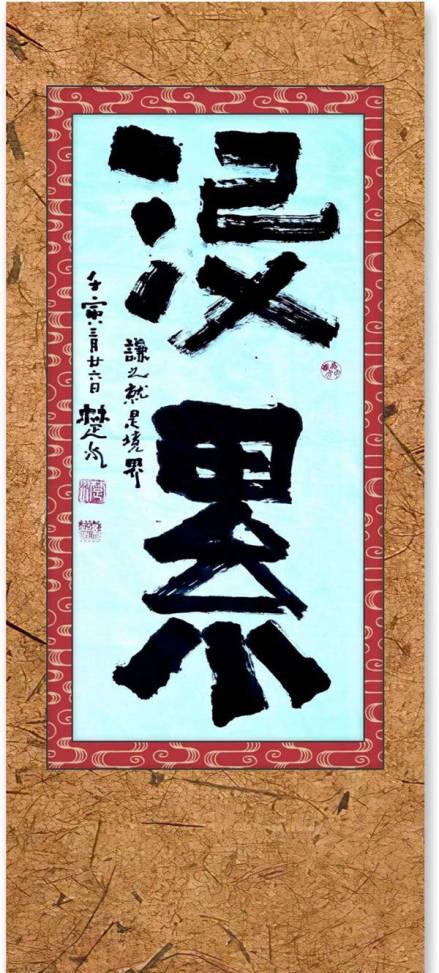---- Chu Shui, president of the Chinese Popular Literature and Art Research Association
Wang Cheng, doctor of philosophy at Peking University, recommended that I read Zhu Qianzhi's "The Influence of Chinese Philosophy on Europe". Preface Yun This book is one of Mr. Qianzhi's most dedicated works. Originally completed in 1938, at the beginning of the War of Resistance Against Japanese Aggression, such as Mr. Jin Yuelin's "Theory of Knowledge", whenever it was bombed by Japanese aircraft, it was always carried with me, and I was deeply afraid of loss. As a result, Mr. Jin Yuelin still "sat" in the air raid shelter and lost the manuscript, and had to rewrite it. And Mr. Zhu Qianzhi did not carelessly lose Jingzhou, be cautious and do not lose, so there is no need to rewrite it from memory like Mr. Jin Yuelin. However, this book has been changed for nearly 40 years, and it was not published in the true sense until the 1970s, which should best represent the academic thought of Mr. Zhu Qianzhi.

The book is completely different from Chen Yinke, who does not believe in Marxism, and wrote "Liu Ru is a Biography". It was written entirely from the point of view of dialectics and historical materialism, and this book was the first draft completed at the end of the 1930s, so it is by no means a propositional work. This makes people very surprised, How could Zhu Qianzhi, a young student who believed in anarchism during the May Fourth Movement and left Beijing in 1921 to go to Hangzhou's Tuku temple to become a master of Taixu, how could he be able to write "The Influence of Chinese Philosophy on Europe" with Engels's "Anti-Dühring Theory"? Indeed, it cannot be said that it is not a miracle.
Therefore, truth is like the spirit, such as the Buddhists talk about persistence, going all the way up, and not passing on the thousand saints; Confucianism emphasizes the cultivation of the spirit of goodness and grandeur, and the great righteousness is awe-inspiring; Marxism is the truth, in fact, the simplest is to seek truth from facts, to seek truth, is to explore the essence, not to forget the original intention. For example, Zhu Qianzhi and Ms. Yang Kaihui's classmates in Changsha Girls' High School, and Later Yang Wuti' "spiritual love" at Peking University, may have some kind of platonic spiritual pursuit, exploring the essence of life, thinking that this is the truth, or the true meaning of life, and it is enough. All in all, just like Zhu Qianzhi Yang did not tire of the name of the two people, did not tired of qianzhi, or Mr. Zhu Qianzhi felt that this state is not tired, but a kind of happiness, that is, the realm. As Master Hongyi sighed in the "Sutra of Seeing" before his death:
Sorrow and joy intersect